Browse Books
Filter :
Publication date
Subject
Authors
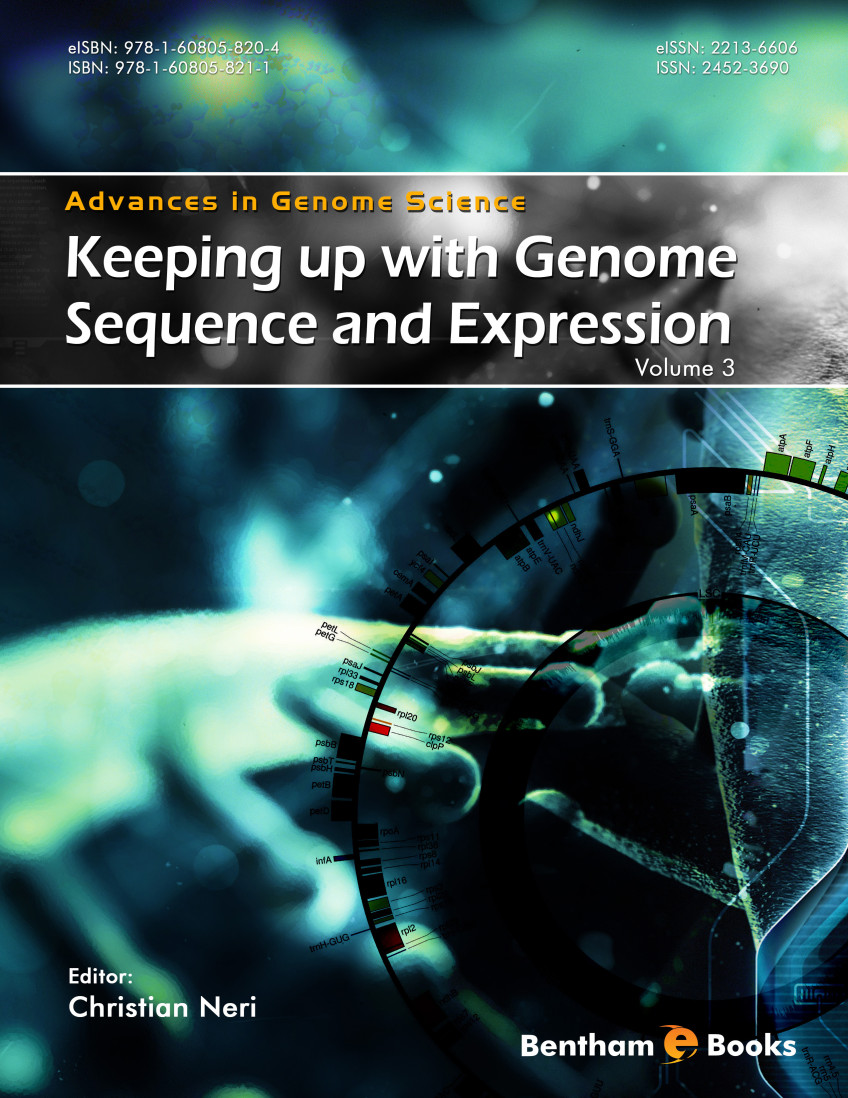
Keeping up with Genome Sequence and Expression
Aug 2014
Book
Christian Neri
Genome science or genomics is essential to advancing knowledge in the fields of biology and medicine. Specifically researchers learn about the molecular biology behind genetic expression in living organisms and related methods of treating human genetic diseases (including gene therapy). Advances in Genome Science is an e-book series which provides a multi-disciplinary view of some of the latest developments in genome research allowing readers to ca Read More
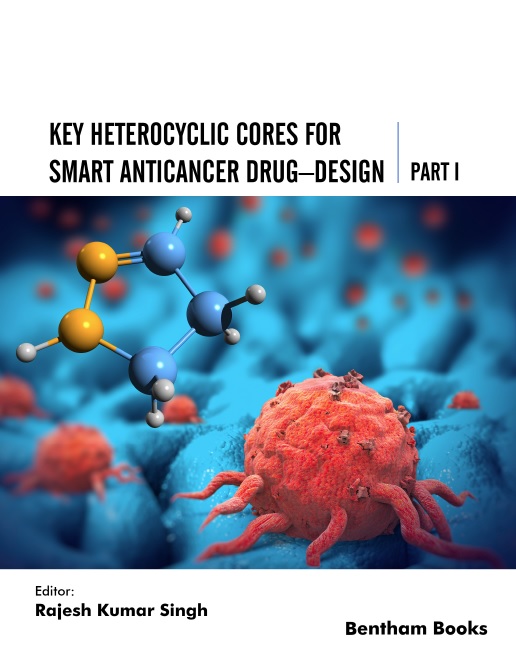
Key Heterocyclic Cores for Smart Anticancer Drug–Design Part I
Jul 2022
Book
Rajesh Kumar Singh
This book provides an update on heterocyclic compounds that serve as key components of anti-cancer agents administered in pre-clinical settings. Many of the compounds highlighted in the book are being actively investigated for the bioactive properties against a range of cancer cell lines. There is potential for heterocyclic compounds to design agents that can target specific molecules to treat different types of cancers. Chapters are contributed by exper Read More
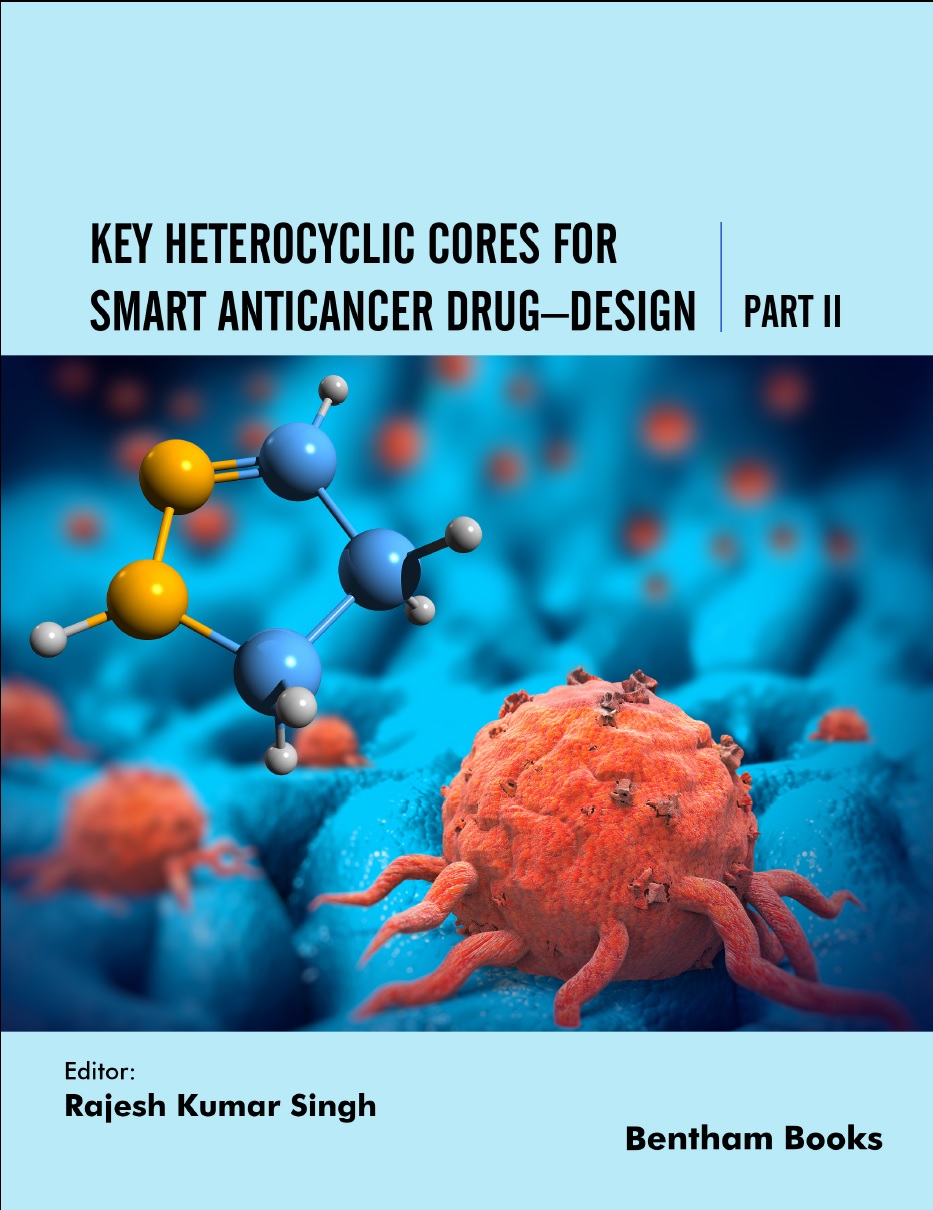
Key Heterocyclic Cores for Smart Anticancer Drug–Design Part II
Sep 2022
Book
Rajesh Kumar Singh
This book provides an update on heterocyclic compounds that serve as key components of anti-cancer agents administered in pre-clinical settings. Many of the compounds highlighted in the book are being actively investigated for the bioactive properties against a range of cancer cell lines. There is potential for heterocyclic compounds to design agents that can target specific molecules to treat different types of cancers. Chapters are contributed by exper Read More
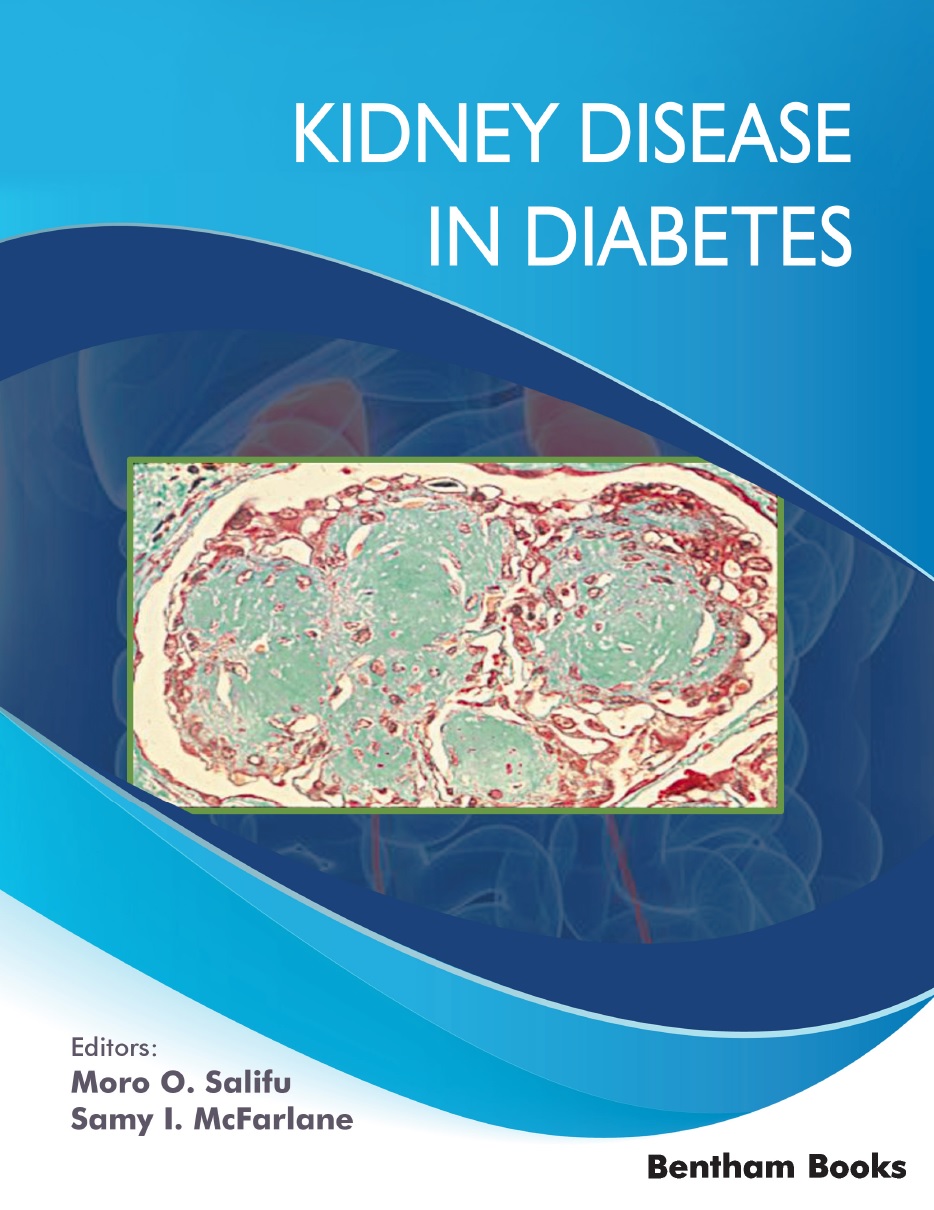
Kidney Disease in Diabetes
Mar 2020
Book
Moro O. Salifu and
Samy I. McFarlane
This reference work provides comprehensive information about diabetic nephropathy. Chapters in the book introduce the reader to the link between diabetes obesity and chronic kidney disease (CKD) and delve into many topics relevant to treating kidney disease in diabetic patients. These topics include CKD epidemiology diagnosis treatment considerations for the elderly patient post-transplant diabetes pathophysiology biomarkers and much more. Sp Read More
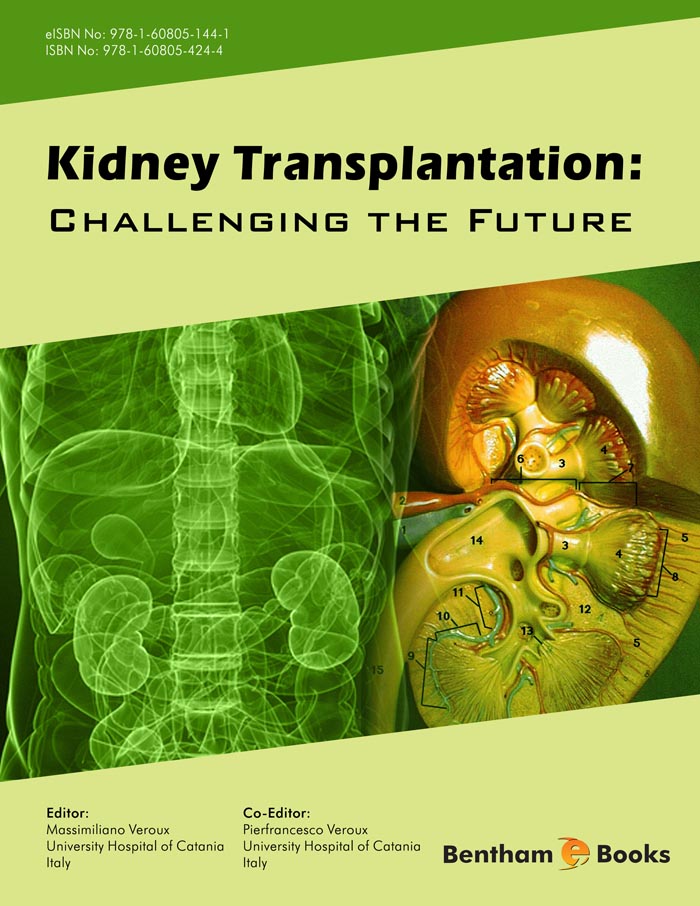
Kidney Transplantation: Challenging the Future
Jul 2012
Book
Massimiliano Veroux and
Pierfrancesco Veroux
Kidney transplantation is worldwide considered the best replacement therapy in patients with end-stage renal disease. However although impressive improvements in surgical techniques and in the management of immunosuppression long-term results have not significantly changed over the last decades.The purpose of this book is not to be a comprehensive review on kidney transplantation but it would overview the recent acquisitions in t Read More

Kurzweil-Henstock Integral in Riesz spaces
Jan 2009
Book
This Ebook is concerned with both the theory of the Kurzweil-Henstock integral and the basic facts on Riesz spaces. Moreover even the so-called Šipoš integral which has several applications in economy is illustrated. The aim of this Ebook is two-fold. First it can be understood as an introductory textbook to the Kurzweil-Henstock integral as well as to some algebraic structures which are important from the viewpoint of applications to integration and p Read More
No more items...
